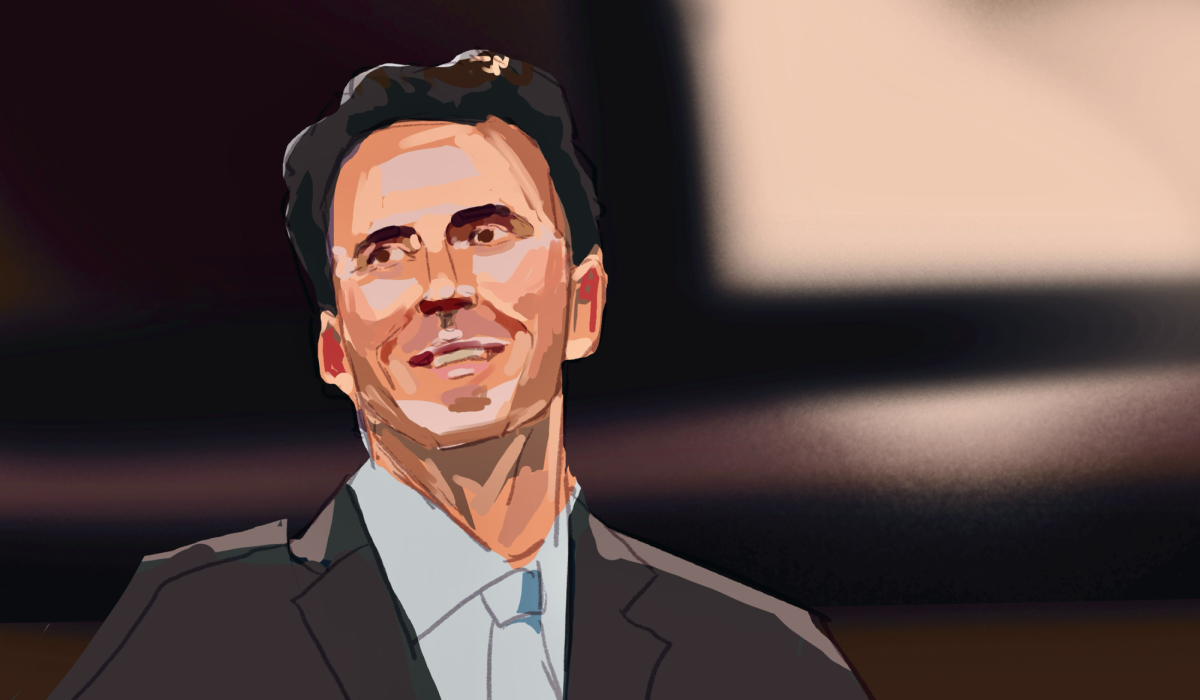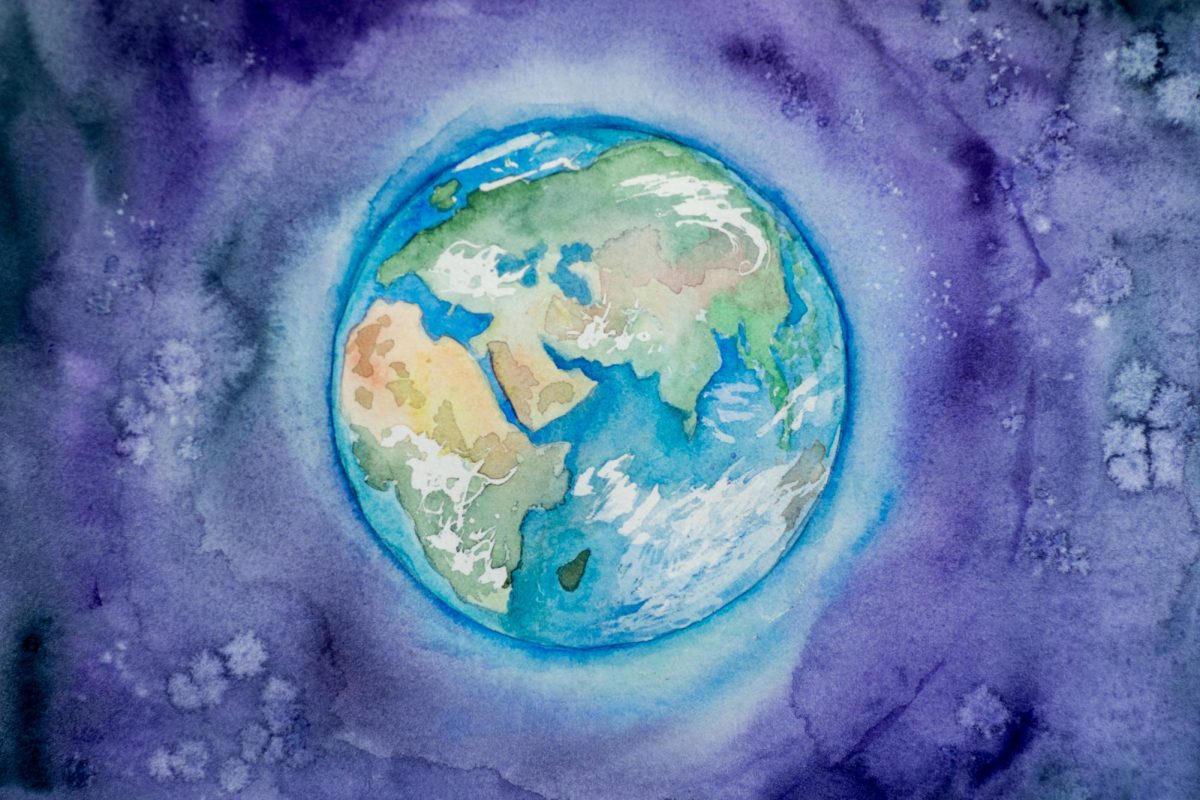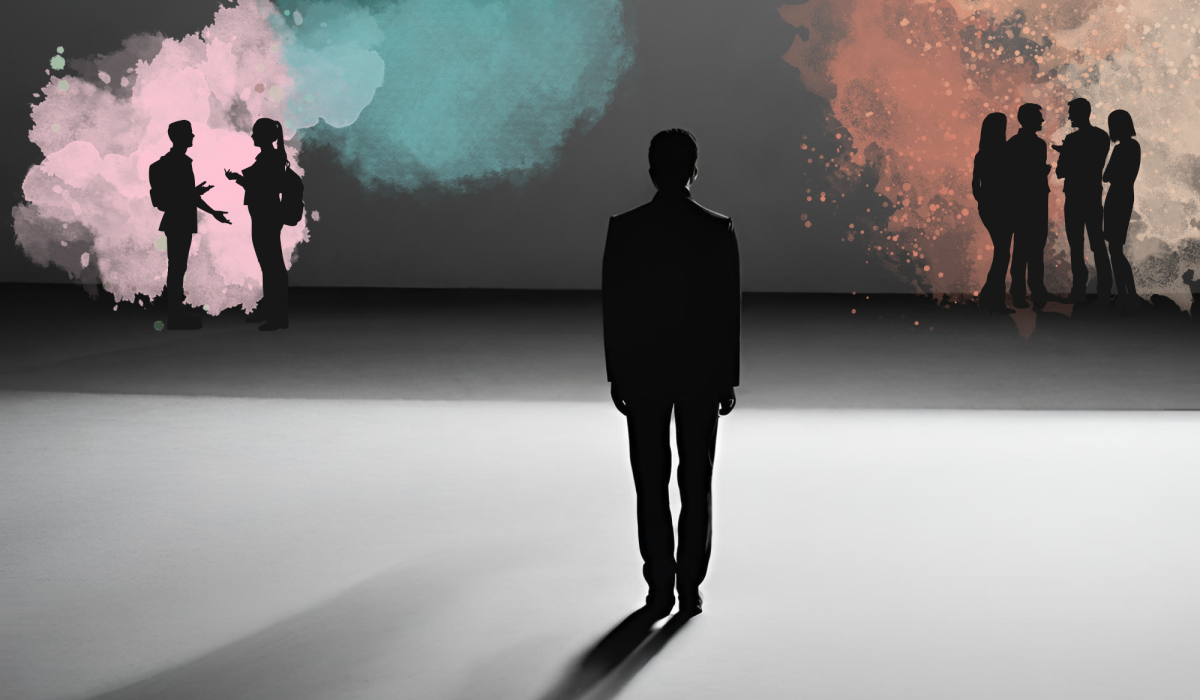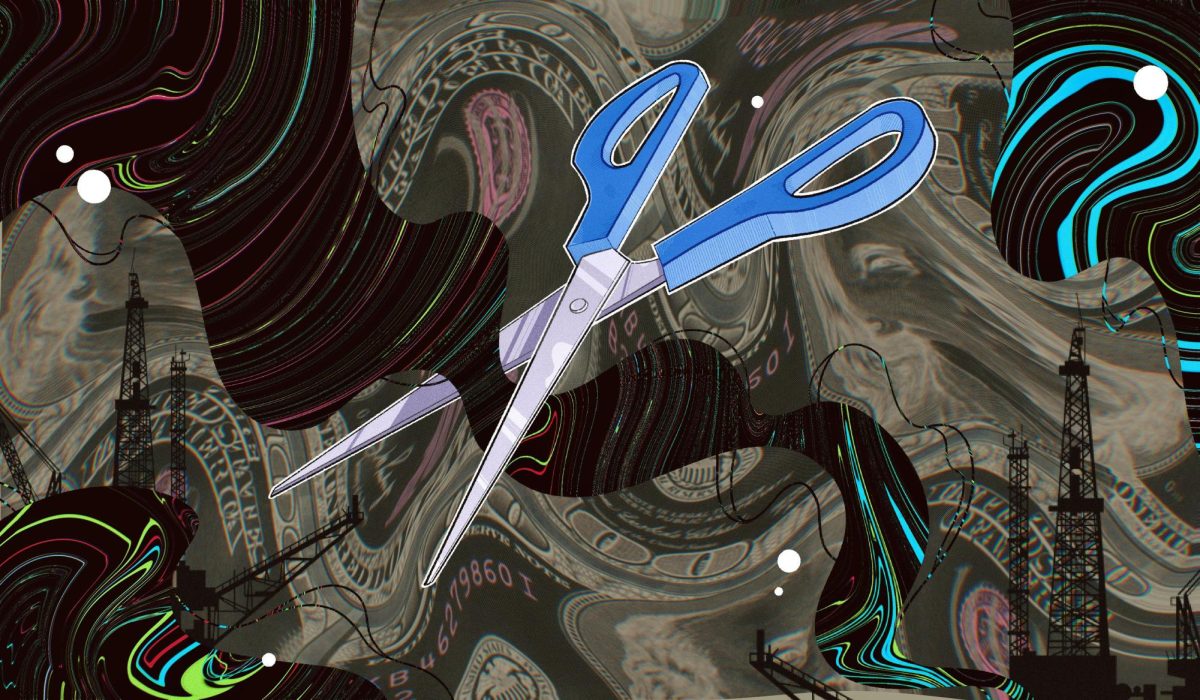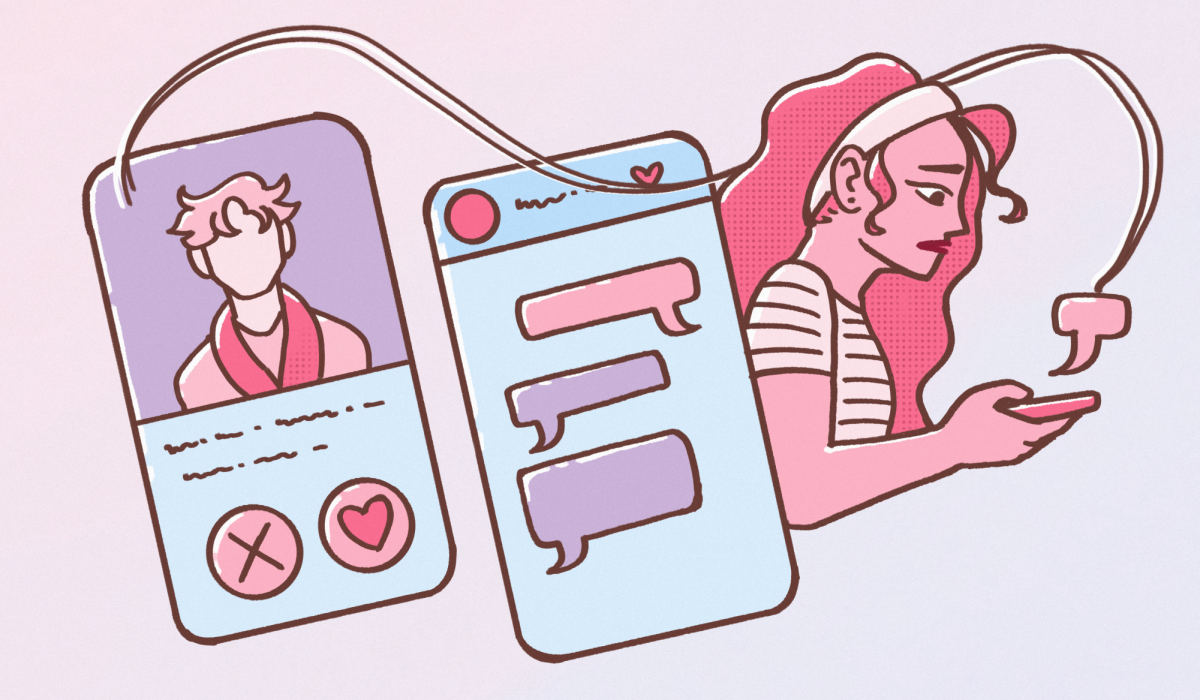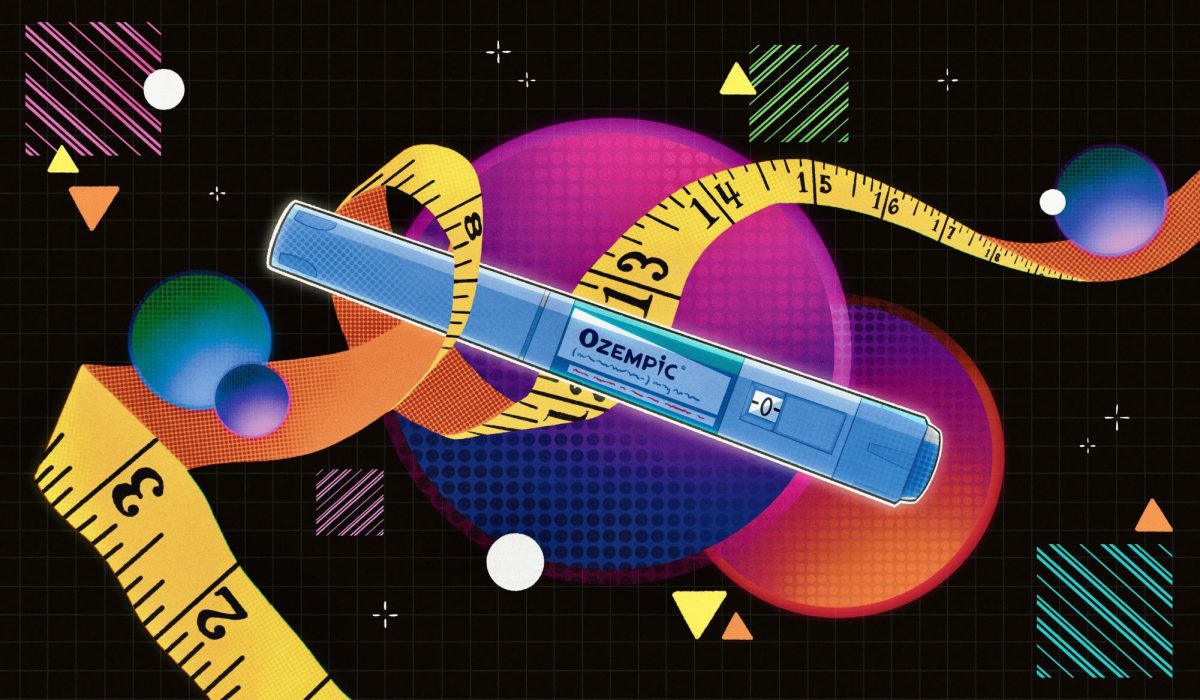Content Warning: This article talks about sexual assault and harassment which may be triggering to some audiences. Reader discretion is advised.
Sexual assault isn’t something typically discussed on a daily basis. For some, it may be uncomfortable to bring up, and for others, it may feel as though the conversation is too sensitive. While this taboo subject definitely has delicate elements that need to be taken into account, it is important, especially as college students, to address the normalized culture, attitudes, and behaviors that allow someone to fall victim to sexual assault every 68 seconds. In other words, we need to start talking about it.
Between rape culture, the existence of prevailing social attitudes that normalize or trivialize sexual assault and abuse within society, and overall misinformation about sexual assault, the deep-rooted issues that make talking about sexual assault taboo can be hard to address, let alone start to remedy. In order to take the first step, rape culture within our society needs to be addressed and denormalized, and we need to acknowledge that sexual assault takes on many forms.
According to the Rape, Abuse & Incest National Network, the term “sexual violence” is an all-encompassing, non-legal term that refers to crimes like sexual assault, rape, and sexual abuse. Sexual violence can take on many forms, anywhere from sexual harassment at work to sexual abuse or exploitation from people in positions of power.
An alarming amount of individuals have had an experience where they were not aware that they were a victim of sexual violence until much after the occurrence. This is a result of the blurred lines of what constitutes sexual assault. No matter if you’re in a pre-existing relationship, initially gave consent but revoked it, or were unable to give consent in the first place, assault can still have taken place.
A study done by the Society for the Psychology of Women found that upwards of 88 percent of sexual assault incidents go unacknowledged by survivors. Another study found that 60 percent of female university students have experienced unacknowledged rape. The reason for this starking statistic is that many individuals do not label their sexual assault as so. Instead, they use words or phrases such as “miscommunication” or “hookup gone wrong.”
It is essential to highlight that every experience with sexual violence and assault is unique and no one reacts to or copes with it the same. RAINN approximates that nearly 70 percent of rape or sexual assault victims experience moderate to severe distress, a larger percentage than any other violent crime.
While “trauma” and “sexual assault” have serious connotations and social influence, they can include behaviors that are often normalized in society. For example, some may say that grabbing someone’s butt is a harmless, common behavior and “nothing close to rape.”
A sense of guilt, shame, and self-blame plague the victims. It is important to understand that, although it may be considered the most serious, rape is not the only type of sexual assault.
Instances of rape culture have become too normalized in our day-to-day lives. From “boys will be boys” to straight-up victim-blaming, society has somehow enabled toxic and detrimental behaviors to prevail. Rape culture treats rape as a problem that potential rape victims need to fix on their end rather than eliminating the risks of potential rapists altogether. By excusing problematic behaviors, such as the normalized over-sexualization of women and telling them to dress a certain way, not only highlights the misogyny ingrained in society but also fails to address the root of the issue.
Additionally, another aspect of rape culture ignores the possibility that men can be victims of sexual assault as well. From a young age, boys are exposed to toxic masculinity and learn that they’re supposed to be tough, strong, and sexually dominant. As a result, men often do not recognize when they’re been assaulted and do not express any emotions from sexually traumatizing experiences.
About one in four men has experienced some kind of sexual violence within their lifetime. Additionally, LGBTQ men are at greater risk than heterosexual men. More than 40 percent of gay men and 47 percent of bisexual men say they have been sexually victimized, compared to 21 percent of straight men.
Rape culture also remains such a prevalent part of Greek life, even at UC San Diego, which has had multiple cases of sexual assault occur within its fraternities. In 2019, UCSD Sigma Chi was suspended as they were investigated for multiple allegations of sexual assault. More recently, the fraternity Phi Gamma Delta, also known as Fiji, has been called into question as a social media post was spread throughout the student body alleging a case of sexual misconduct within the fraternity.
This is merely a fraction of the incidents at UCSD’s Greek life. Rape culture and toxic masculinity continue to be a plague and these allegations should not be taken lightly, especially when multiple alleged assaults continue to occur from fraternities on-campus. As college students, the first step in denormalizing such destructive behaviors is never to excuse them and hold these organizations and the individuals that belong to them to higher standards.
Especially as college students, we are constantly reminded of sex everywhere we turn. From movies to social media, our perception of what healthy sexual interactions look like is skewed.
It seems as though we need a reminder of what actual consent looks like.
Someone unconscious cannot give consent. Someone intoxicated cannot give consent. Someone who is being pressured cannot give consent. Consent only comes through the enthusiastic confirmation of everything at all times. Consent is clear, coherent, willing, and ongoing.
Although this discussion may seem uncomfortable to start, it is crucial to normalize the conversation and make sure the victims of sexual assault are comfortable enough to get the appropriate physical, mental, and emotional help that they may need.
Sexual assault is one of the worst traumas anyone could ever experience. Let’s work to make it so no one has to.
Sexual Assault Resources:
UCSD’s CARE at the Sexual Assault Resource Center
- Location: Student Services Center, 5th floor, Suite 500
- Phone: (858) 534-5793
- Email: [email protected]
National Sexual Assault Hotline (Available 24 hours): 1-800-656-4673
Please call 911 if you are in any immediate danger or require medical attention.
Art by Ava Bayley for UCSD Guardian.










